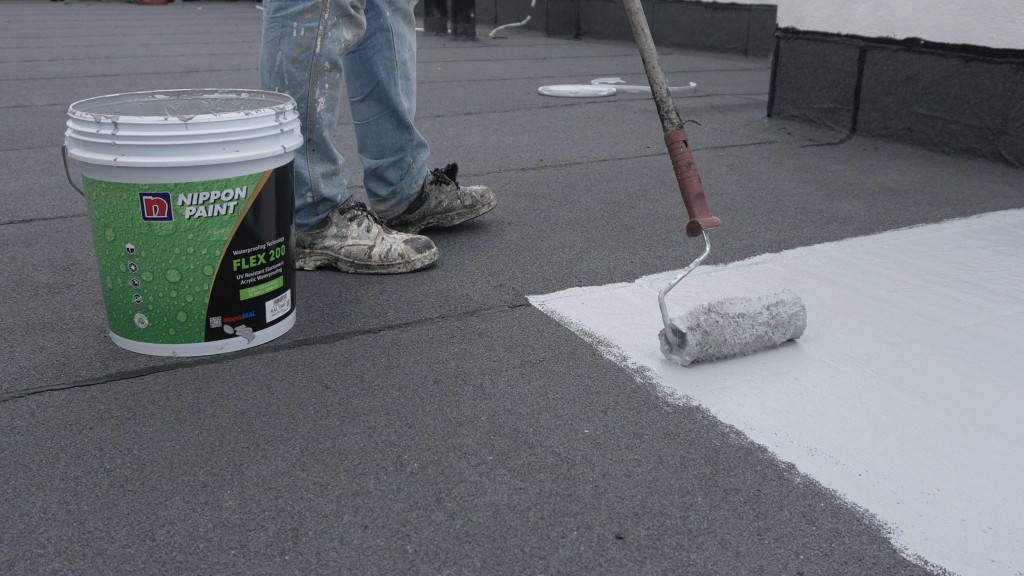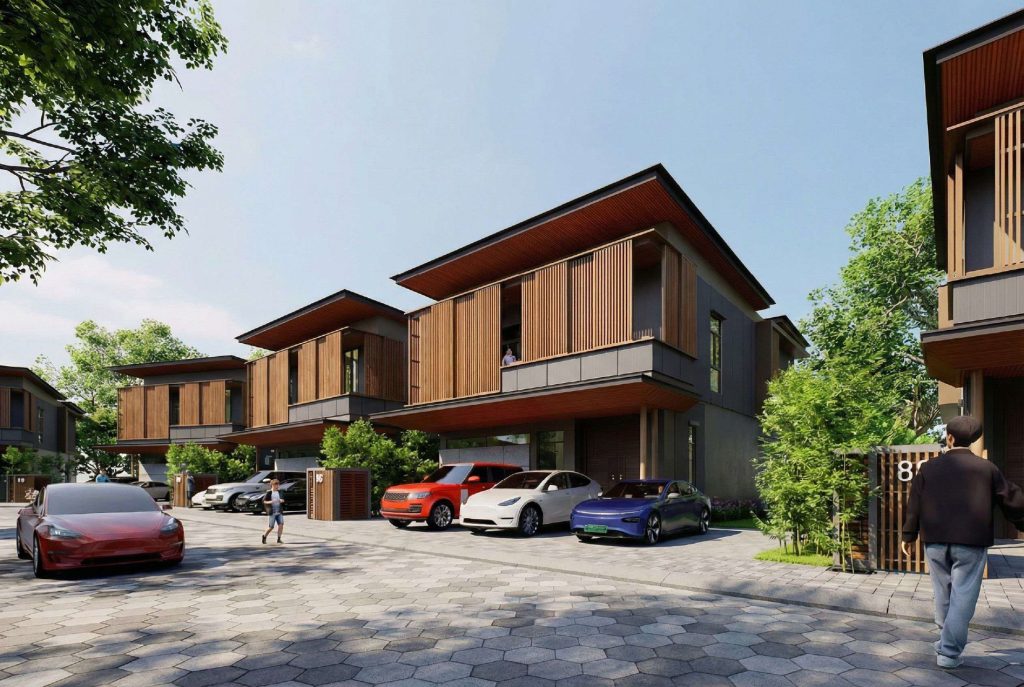Contributed by Datuk Chang Kim Loong
The Ministry of Housing and Local Government (KPKT) has blacklisted 109 errant developers and their boards of directors, most of them due to non-compliance with regulatory requirements for their projects. Its Minister Nga Kor Ming said the move is aimed at curbing the practice of using new companies to hide their previous improper conduct.
“The blacklisting of these developers sends a clear message that we will not tolerate illegal activities and non-compliance. According to the National Housing Department, a total of 471 notices were issued in 2024, resulting in fines totalling RM9.03mil.
“In the first two months of 2025, the National Housing Department issued 56 compounds, with fines amounting to RM1.25mil. The majority of the violations involve failing to submit development status reports and audit reports to the authorities,” said Nga.
However, the National House Buyers Association (HBA) maintains that blacklisting housing developers may not be a comprehensive solution as compound fines are often minimal and have little financial impact on the offending parties. It is important to clarify that when an offence is compounded, it generally does not result in a criminal record for the offender.
This has led to questions about KPKT’s approach to enforcement, particularly the apparent reluctance to pursue legal action against errant developers under existing laws that carry penal consequences. While the minister has made strong public statements on accountability, there appears to be a gap between policy rhetoric and actual enforcement.
Criminalising housing abandonment
Section 18A states “that any licensed housing developer who abandons or causes to be abandoned a housing development or any phase of a housing development which the licensed housing developer is engaged in, carries on, undertakes or causes to be undertaken shall be guilty of an offence and shall, on conviction, be liable to a fine which shall not be less than RM250,000 but which shall not exceed RM500,000 or to imprisonment for a term not exceeding three years or to both”.
Since the introduction of Section 18A of the Housing Development (Control and Licensing) Act (HDA) in 2015, there have been no publicly reported cases of housing developers being prosecuted under this provision despite the ongoing issue of abandoned housing projects. This raises important questions about enforcement, which remains the true test of any legislation’s effectiveness in safeguarding the interests of homebuyers.
Legislation, no matter how well crafted, is only meaningful when backed by firm and consistent enforcement. Without it, even the strongest laws risk becoming symbolic rather than impactful, existing more as policy statements than actionable protections. While KPKT has made public commitments to defending buyers' rights, the lack of visible enforcement action may erode public confidence in the system.
It is hoped that KPKT, entrusted with protecting consumers under a democratically elected government, will make full use of the legal powers already available. With the right application, these tools can ensure accountability within the housing industry and restore faith among buyers.
The consequences of inaction are far-reaching. For many Malaysians, buying a home represents a lifetime investment, often involving their entire savings. To face the devastating reality of an incomplete project while still being required to service a housing loan, is not only financially burdensome but emotionally traumatic. Strengthening enforcement sends a clear message: The rights and welfare of homebuyers are a national priority, not an afterthought.
What about the 173 unlicensed developers?
The Housing Ministry has updated its list of unlicensed housing developers on its website. As of March 31, 2025, there are a total of 173 unlicensed developers who have caused significant harm to victims of these projects across Peninsular Malaysia.
This raises a critical question: Why do these unlicensed and errant developers continue to go unpunished? Arguably, their actions are more severe than mere administrative non-compliance. While we acknowledge that regulatory failures should not be overlooked, the ministry must consider the scale of harm inflicted on innocent homebuyers.
Are policymakers fully aware that most property developers in Malaysia set up separate subsidiaries or associate companies to undertake individual property projects? This is a common industry practice known as risk spreading or creating bankruptcy-remote structures. It is considered a sound business strategy as it protects parent companies and other ventures from liabilities should one project fail. Legally, each entity is distinct and separate.
Problematic developers can exploit loopholes
Unfortunately, this structure can also be misused. Problematic developers may exploit these legal entities to circumvent blacklisting, setting up new companies, sometimes using proxies, to continue operating under different names. In such cases, the individuals behind these ventures may no longer appear as directors on public records. Instead, family members or unrelated third parties, even in-laws or distant associates, may be listed in their place. It is unreasonable to expect the ministry to maintain comprehensive genealogical records to detect such connections unless stricter policies are put in place.
In the past, blacklisting was applied only to board members in office at the time a project was officially declared abandoned. The National House Buyers Association (HBA) has repeatedly advised that the blacklisting should cover all directors from the date the housing developer’s license is granted until the project is formally declared abandoned. This approach would capture changes in management and ensure greater accountability.
And what if blacklisting fails?
Many successful claimants in the Housing Tribunal, despite having rulings in their favour, have expressed disappointment over the limited follow-through in prosecuting defaulting developers.
Beyond blacklisting directors, there is also a need to pursue legal action against individuals found responsible. Section 22 of the Housing Development (Control and Licensing) Act (HDA) is clear on the liability of directors, managers, and officers for offences committed by a company, as well as liability for acts done by others on one’s behalf. Enforcement of this provision is key to deterrence.
If the ultimate goal of housing policy is to deter misconduct and protect homebuyers, KPKT should also consider ways to hold those who control the company financially or behind the scenes accountable. One possible measure is to publicly disclose the names of shareholders or beneficial owners, where feasible, in the interest of transparency and consumer protection.
It is worth reiterating that HBA was the first to advocate for a Public List of Abandoned Projects and Recalcitrant Developers more than two decades ago. This effort was undertaken during the tenure of then-Housing Minister Tan Sri Ong Ka Ting, and in consultation with then-Attorney General Tan Sri Abdul Gani Patail, both of whom agreed with HBA’s position that consumer protection should take precedence over misplaced notions of developer privacy. This simple administrative tool allowed prospective homebuyers to conduct due diligence before committing to the most important purchase of their lives and is the reason we have today’s published list of errant developers on the KPKT’s website.

Datuk Chang Kim Loong is the honorary secretary-general of the National House Buyers Association (HBA).
Stay ahead of the crowd and enjoy fresh insights on real estate, property development and lifestyle trends when you subscribe to our newsletter and follow us on social media.

















































